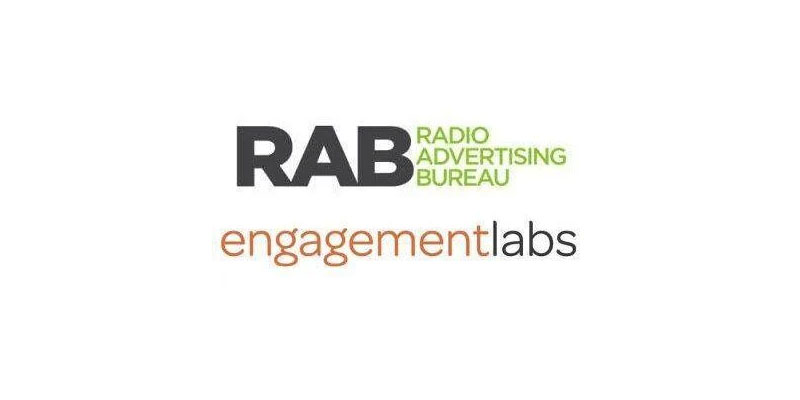Source: www.insideradio.com, September 2023
Before consumers purchase a product or service they often talk about it with friends and family in what marketers refer to as brand conversations. Engagement Labs, a data and analytics company that tracks what consumers talk about online and offline, has found these conversations are often triggered by what it calls “the hidden ROI of media,” which starts by triggering a conversation and then leads to sales.
“There are direct benefits from a conversation in terms of business outcomes,” Matt Phillips, VP of Client Success at Engagement Labs, told a Radio Advertising Bureau webinar this week. “Almost 20% of sales are directly attributable to people talking to people.” Phillips estimates that a roughly 10% sales impact comes from offline face-to-face conversations, such as people talking across the dinner table or at the watercooler at work. Another 9% is the result of conversations on social media.

Engagement Labs’ research uncovered different dynamics between offline and online brand conversations with each having its own impact on sales. For offline or word of mouth, it’s the volume of conversation that plays the biggest role in driving sales. “For most brands, driving people to talk, to increase that advocacy and that level of buzz will have a direct impact on sales,” Phillips said. But on social media, brand conversations need to have the right sentiment to drive sales. “It’s not enough to get people posting on social, it has to be positive, it has to be about recommendations and advocacy,” he explained.
In a study conducted for the RAB, Engagement Labs showed the linkage between radio and brand conversations, making a case for the power of radio to deliver results for advertisers. “The impact of radio is staggering when compared to users of other media,” Phillips told webinar attendees. The study found that heavy radio listeners engage in 4.7 billion weekly brand conversations, outpacing heavy users of other media channels, including TV, social media, magazines, and newspapers. Social media users, by comparison, have about 3.8 billion brand conversation every week.
When Engagement Labs drilled into various product categories, ranging from sports to telecom to children’s products, it found heavy radio users delivered the highest volume of brand conversations across all categories. “No matter what vertical you’re looking to sell to, radio can deliver a powerful story for that vertical,” Phillips said.

The Engagement Labs study found heavy radio listeners are 25% more likely to be everyday consumer influencers than the average person, 23% more likely than heavy TV viewers and 4% more likely than heavy social media users. “There is a story to be told for the power of radio to reach these everyday influencers, more so than social media users,” Phillips said.
Another key performance indicator examined in the study was purchase intent: do the conversations that are taking place actually lead to a purchase? The data showed that 51% of brand conversations among heavy radio listeners led to purchase intent, slightly higher than the 49% national average.
Phillips said the study shows “radio delivers results for advertisers. Your audience is chock full of influential everyday consumers, the people who are moving the needle on others’ purchase decisions. And in fact, the data bears out that heavy radio listeners’ brand conversations lead to purchase.”

